The Swine Health Information Center (SHIC) maintains a priority on diagnostics of swine diseases as part of its mission to protect and enhance the health of the US swine herd. Consequently, SHIC funded a project for genetic characterization and diagnostic tool development for an emerging porcine sapelovirus (PSV). This emerging virus was isolated in a diagnostic specimen from a US swine farm and designated as PSV KS18-01. In work done at Kansas State University and the University of Illinois, a full-length genome sequence was obtained through next-generation sequencing. Phylogenetic analysis showed that the virus is more closely related to two Japanese strains but is distantly related to two known US strains. PSV specific diagnostic tools were developed, including the monoclonal antibodies again VP1 and VP2, and a VP1-VP2 antigen-based indirect ELISA. Using this assay, the dynamic response of PSV antibody was investigated in a group of post-weaned pigs that were naturally exposed with PSV. The availability of the PSV isolate (KS18-01) and the specific diagnostic reagents and assays provide important tools for PSV control and prevention.
Porcine Sapelovirus (PSV), previously named as porcine enterovirus 8, belongs to the genus Sapelovirus in the family Picornaviridae. PSV is a non-enveloped, positive-sense single-stranded RNA virus. PSV infection is commonly asymptomatic, but clinical disease of respiratory failure, diarrhea, reproductive disorder, and polioencephlamyelitis have been reported in swine farms from many countries.
Additional pathogenesis studies are required for in depth characterization of different PSV strains, especially the newly emerging strains. The virus isolate, diagnostic reagents and assays generated in this study will be important tools in aid of future pathogenesis studies as well as development of vaccines and therapeutics against PSV infection.
SHIC, launched by the National Pork Board in 2015 solely with Pork Checkoff funding, continues to focus efforts on prevention, preparedness, and response to novel and emerging swine disease for the benefit of US swine health. As a conduit of information and research, SHIC encourages sharing of its publications and research. Forward, reprint, and quote SHIC material freely. SHIC is funded by America’s pork producers to fulfill its mission to protect and enhance the health of the US swine herd. For more information, visit http://www.swinehealth.org or contact Dr. Sundberg at [email protected].
Copyright 2025 | Swinehealth.org | Website by Heartland Marketing Group